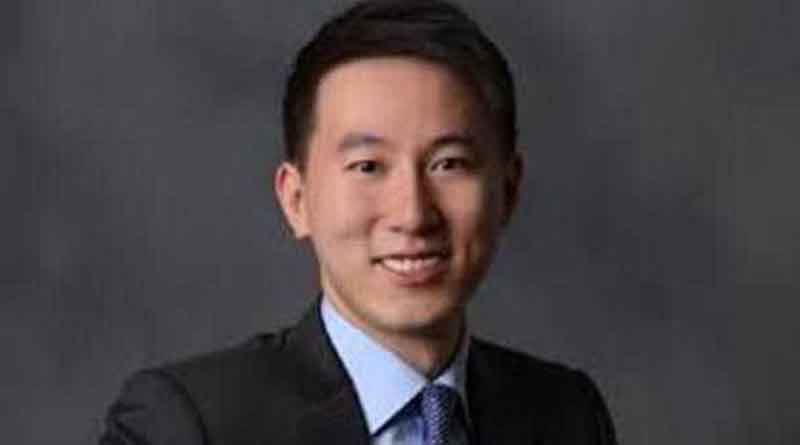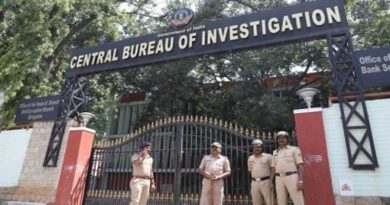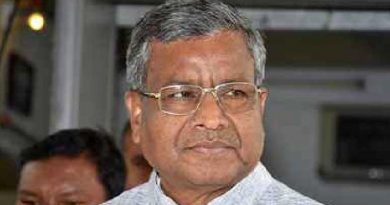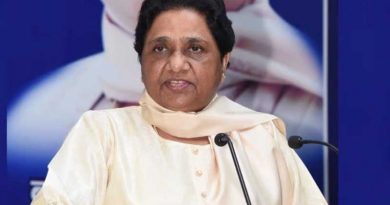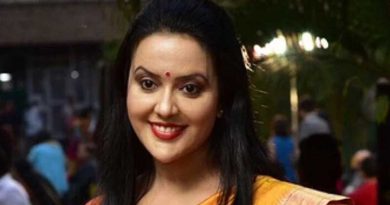TikTok CEO to dispel allegations related to privacy, China in testimony to US Congress
Insight Online News
Washington, Mar 23 : TikTok Chief Executive Officer Shou Chew will defend the social media platform’s privacy practices and dispel accusations of collusion with the Chinese government during testimony before the US Congress on Thursday.
“First, I understand that there are concerns stemming from the inaccurate belief that TikTok’s corporate structure makes it beholden to the Chinese government or that it shares information about US users with the Chinese government. This is emphatically untrue,” Chew said in a written copy of his prepared testimony on Wednesday.
Chew is scheduled to deliver the testimony to the House Energy and Commerce Committee as part of a hearing on TikTok and how Congress can safeguard US data and children from online harms.
Chew also dismissed allegations that TikTok is used to track individuals, claiming current versions of the app do not collect precise or approximate GPS data from US users.
TikTok has worked transparently with the US government to address concerns about TikTok’s heritage, Chew said. TikTok fully endorses congressional efforts to adopt comprehensive federal privacy legislation, Chew said.
As of January 2023, all access to systems containing new protected US user data has been exclusively controlled by TikTok US Data Security Inc., Chew said.
“I am well aware that the fact that ByteDance has Chinese founders has prompted concerns that our platform could be used as or become a tool of China or the Chinese Communist Party. There have even been calls to ban us or require divestment. I steadfastly believe that all concerns that have been raised have solutions,” Chew added.
The hearing comes as lawmakers and the Biden administration weigh a nationwide ban on TikTok, following small-scale restrictions on the platform by US federal agencies.
On Wednesday, US Congressman Jamaal Bowman held a press conference in opposition to a ban on TikTok, claiming that US tech companies pose similar threats to national security and calling for a broader discussion on social media and privacy reform.
UNIINDIA / SPUTNIK

